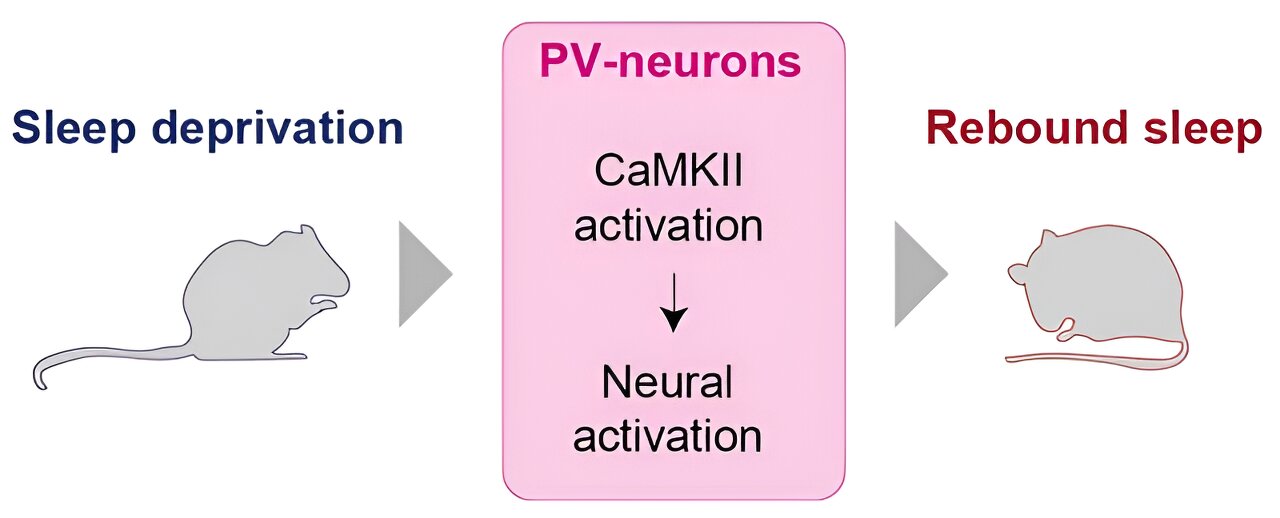A new study to be presented at the SLEEP 2024 annual meeting demonstrates that when individuals with obstructive sleep apnea use their positive airway pressure machine more regularly, it benefits their relationship with their partner.
Results show that greater adherence to PAP therapy was associated with higher levels of relationship satisfaction and lower levels of relationship conflict. Higher sleep efficiency among patients also was associated with higher levels of relationship satisfaction as reported by both the patient and their partner.
“Recognizing that sleep and sleep disorders have an impact on the quality of a relationship could be a powerful motivator for those affected with sleep apnea to adhere to treatment,” said lead author Wendy Troxel, who is a senior behavioral scientist with RAND and licensed clinical psychologist and adjunct professor at the University of Utah, where the study was conducted. “We developed a couples-based treatment called ‘We-PAP’ in recognition of the fact that couples’ sleep is a shared experience and to help patients and partners overcome challenges to adhering PAP together.”
According to the American Academy of Sleep Medicine, nearly 30 million adults in the U.S. have obstructive sleep apnea, a chronic disease that involves the repeated collapse of the upper airway during sleep. Snoring is one of the most recognizable symptoms of sleep apnea and is often a nuisance to bed partners. A common treatment for sleep apnea is PAP therapy, which uses mild levels of air pressure, provided through a mask, to keep the throat open during sleep.
The study involved 36 couples comprising patients initiating PAP treatment for sleep apnea and their partners. Objective PAP therapy adherence data were recorded over three months. Sleep duration and efficiency were estimated using actigraphy. Relationship satisfaction and conflict were self-reported.
Troxel noted that it is essential to consider the importance of sleep when evaluating relationship status.
“No one is at their best when they aren’t sleeping,” Troxel said. “In an age where we see couples going through ‘sleep divorces,’ and roughly 50% of marriages end in actual divorce, recognizing how healthy sleep can contribute to healthy relationships is imperative.”
This study was supported by a grant from the National Institutes of Health. The research abstract was published recently in an online supplement of the journal Sleep and will be presented Wednesday, June 5, during SLEEP 2024 in Houston. SLEEP is the annual meeting of the Associated Professional Sleep Societies, a joint venture of the AASM and the Sleep Research Society.


